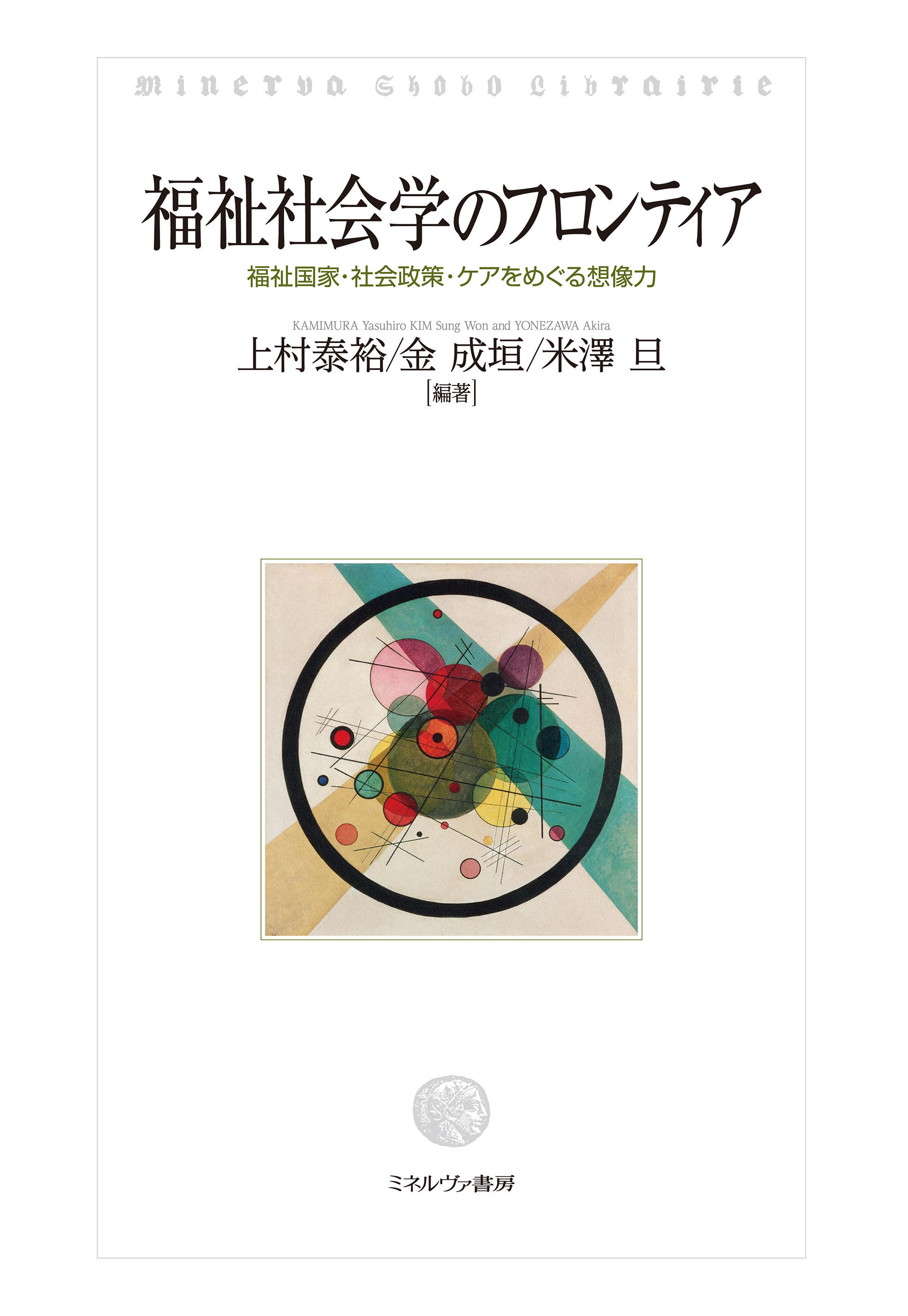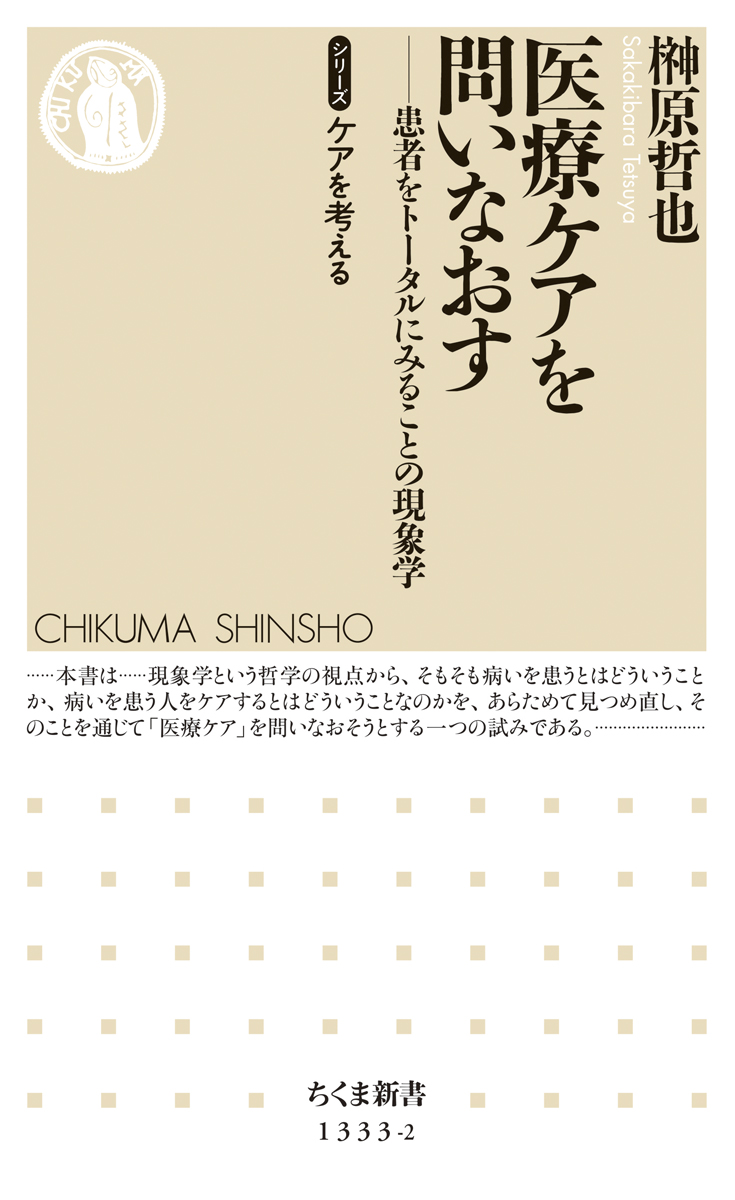
Title
Care no Rinri to Kyokan (The ethics of care and empathy)
Size
288 pages, A5 format
Language
Japanese
Released
November, 2021
ISBN
978-4-326-10298-3
Published by
Keiso Shobo
Book Info
See Book Availability at Library
Japanese Page
Michael Slote is a renowned ethicist in the modern English-speaking world. He has made major contributions to the fields of virtue ethics and ethics of care. Let me begin by explaining the intellectual ideas that led to the development of this book. Slote advocated a new form of virtue ethics called “sentimentalist virtue ethics” in Morals from Motives (2001). The sentimentalism here does not underestimate the work of reason. Rather, it is moderate sentimentalism that regards emotions as more fundamental than reason, while acknowledging the importance of reason. Slote established sentimentalist virtue ethics by incorporating significant insights from “moral sentimentalism” by David Hume and from “ethics of care” by Carol Gilligan and Nel Noddings. His sentimentalist virtue ethics was a fresh departure from “neo-Aristotelean virtue ethics,” which had been dominant in contemporary virtue ethics.
In this book, Ethics of Care and Empathy, such sentimentalism is developed into ethics of care, with mature empathy being the key concept. Empathy here is distinguished from “sympathy,” which is possible even without considering another’s point of view. To be empathetic, we must sensitively understand the circumstances in which the other party is placed from the inside of the other party’s own interests. Simultaneously, we must maintain the sense that the other party is a separate individual with a different point of view from oneself. Slote argues that empathy enables us to respect the other party as a person who is different from ourselves.
The most outstanding contribution Slote makes in this book is his defense of the ethics of care as normative ethics. Normative ethics is a field that examines the basis and criteria for moral distinctions, such as right/wrong actions and just/unjust institutions. Traditionally, the representative approach to normative ethics comprises deontology and utilitarianism. However, Slote reveals the drawbacks of these approaches and boldly attempts to show that ethics of care, rooted in mature empathy, is the most robust approach in normative ethics. According to Slote, actions and institutions that demonstrate mature empathetic consideration for others in need are judged right or just, whereas actions and institutions that show a lack of such consideration are judged wrong or unjust. Furthermore, from this viewpoint, hate speech, patriarchy, and meritocracy are shown to be rectified.
(Written by HAYAKAWA Seisuke, Project Associate Professor, Graduate School of Humanities and Sociology / 2022)



 Find a book
Find a book


 eBook
eBook



